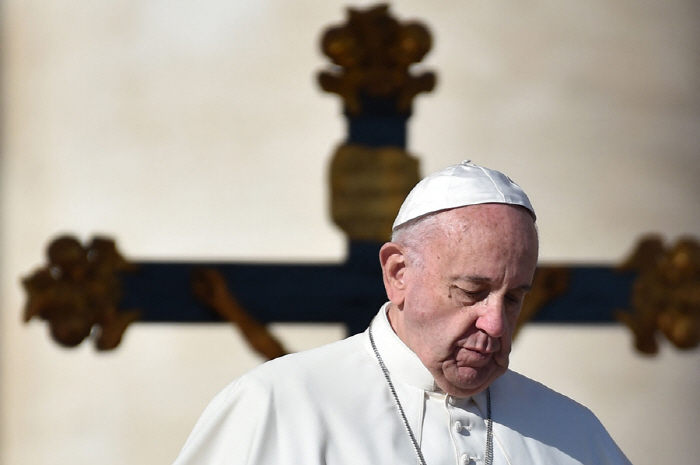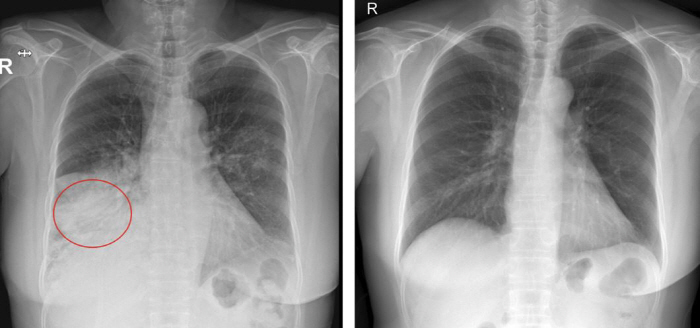Pope Francis died the day after Easter...What pneumonia disease did you fight against?
Apr 21, 2025
|
Pope Francis was recently hospitalized for pneumonia and recovered and resumed his activities.
Pope Francis was the 266th Pope, whose real name was Jorge Mario Bergoglio.
Born 17 December 1936 in Buenos Aires, Argentina, he was elected pope on 13 March 2013.
Pope Francis is the first pope of South American and Jesuit origin in history, emphasizing frugality and humility and calling for attention to the poor and social minorities.
Meanwhile, the pneumonia that the Pope suffered is a disease caused by bacteria or viruses penetrating the lungs and causing inflammation. Bacterial pneumonia caused by pneumococcus is common. Pneumococci usually reside on the mucous membranes of the nose and throat. When our body's immunity weakens, it penetrates the lungs, brain, blood vessels, and ears, causing pneumonia and meningitis.
Patients with the flu or cold are secondary to bacterial pneumonia.
Min Jin-soo, a professor of respiratory medicine at the Catholic University of Korea's Seoul St. Mary's Hospital, explained "Because the virus damages the bronchial tubes and lung mucosa, and as a result, the defense of the lungs weakens and pneumococci easily penetrate the lungs through the gap."
The initial symptoms of pneumonia are similar to those of common colds such as fever, cough, and phlegm. However, when pneumococcus begins its full-fledged activity, it causes high fever, cough, chest pain, and shortness of breath. When you are short of breath, your breathing rate increases, which is characterized by more than 20 times per minute.
In the case of pneumonia caused by pneumococcus, the color of the sputum may change to reddish-brown. When the lungs are damaged by pneumonia, the oxygen exchange function decreases, resulting in a decrease in the oxygen concentration in the blood. Blue lips turn blue 'Achromia' is a symptom of pneumonia complications. This can be life-threatening, so make sure to visit a hospital.
Healthy adults can easily get better with antibiotic treatment and moderate rest. However, because the elderly have a significant drop in lung function and immunity, once they have pneumonia, they often lead to severe cases.
Professor Min Jin-soo "Pneumonia progresses so badly that they fall into respiratory failure, receive ventilator treatment in the intensive care unit, or sepsis causes blood pressure to drop, leading to fatal shock. Multiple organ failure can be life-threatening"Pneumococcal vaccination for the elderly with relatively low immunity is even more important." For those over 65 years of age, one dose can be administered at no cost due to the national vaccination project," he said.
In addition, Professor Min said "Like other infectious diseases, it is treated with antibiotics, but treatment is becoming increasingly difficult as more people are infected with bacteria resistant to existing antibiotics. Therefore, it is important to prevent pneumonia in advance through pneumococcal vaccination."
|
This article was translated by Naver AI translator.















